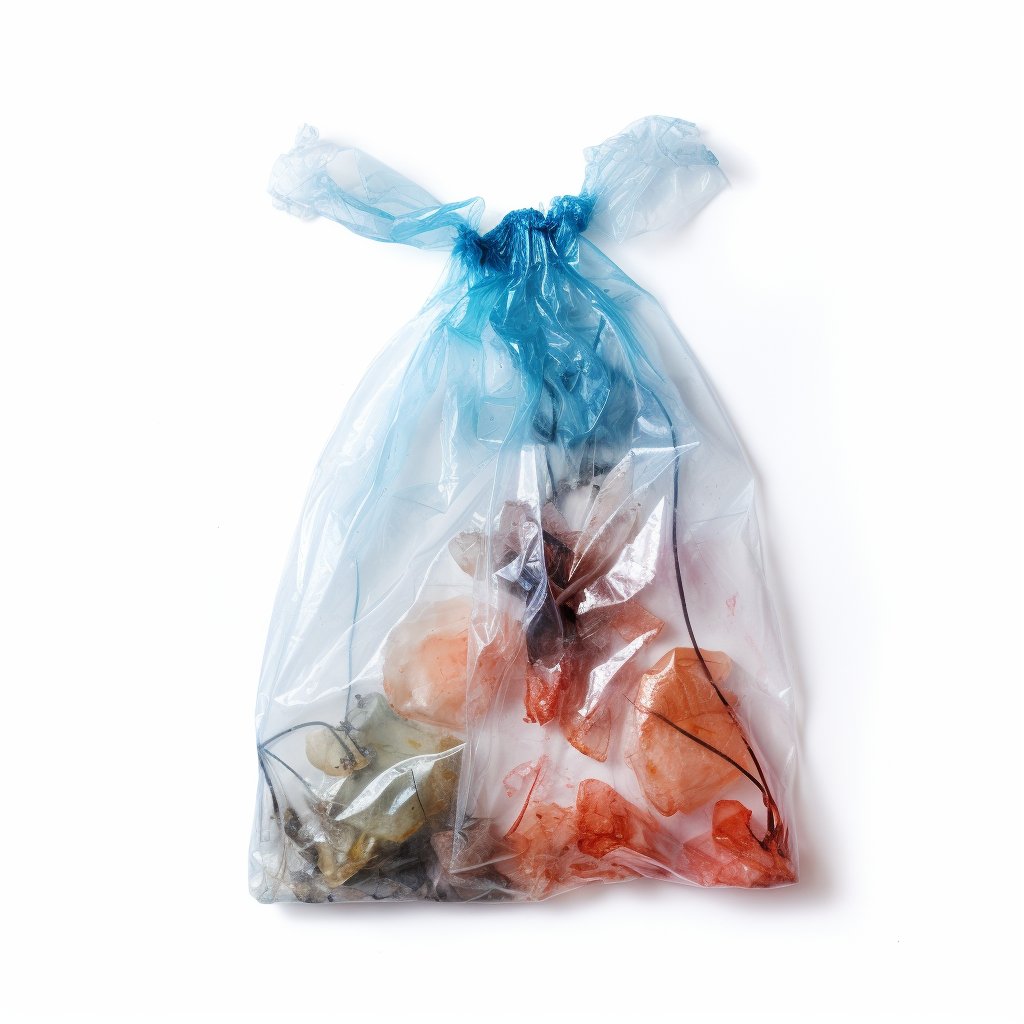Recycling plastic is a vital process that helps reduce plastic waste’s environmental impact. The process involves turning used plastic materials into new products, which can then be used for various applications.

Global and Local Processes for Recycling Plastic
Recycling plastic can vary depending on the location and the recycled type. However, some general steps are typically followed. These steps include:
- Collection: The first step in recycling is to collect the plastic waste. This can be done through various means, such as curbside recycling, drop-off recycling centres, or recycling drives.
- Sorting: After collection, the plastic waste is sorted based on the type of plastic, colour, and any contaminants present.
- Shredding: Once the plastic waste is sorted, it is sliced into small pieces, which makes it easier to transport and process.
- Washing: The shredded plastic is washed to remove any remaining contaminants, such as dirt or food particles.
- Melting: The washed plastic is melted and then cooled to create new plastic products.
The specific process used for recycling plastic can vary depending on the location and the recycled plastic type. For example, some plastics may need to be separated by hand, while others can be sorted automatically. Additionally, some recycling facilities may use specialized equipment, such as optical sorters or air classifiers, to help with the sorting process.

Industrial Usage and Application Areas
Recycling plastic has numerous industrial uses and application areas. One of the most common uses is creating new plastic products. Recycled plastic can be used to make a wide range of products, such as plastic bottles, bags, toys, and furniture. In addition to creating new products, recycled plastic can be used as a raw material in manufacturing other products, such as automotive parts, construction materials, and electronics.
Consumer Product Examples
Recycled plastic is used in a wide range of consumer products. Some of the most common examples include:
- Water Bottles: Many water bottles are made from recycled plastic. These bottles are typically labelled with a recycling symbol and a number, which indicates the type of plastic used.
- Clothing: Recycled plastic can be used to make clothing, such as fleece jackets, hats, and gloves.
- Furniture: Recycled plastic is often used to make outdoor furniture, such as chairs, tables, and benches.

Material Properties
Recycled plastic can have different material properties than virgin plastic, made from new materials. The properties of recycled plastic can vary depending on factors such as the type of plastic being recycled, the level of contamination present, and the recycling process used. In some cases, recycled plastic may be weaker or less durable than virgin plastic. However, advances in recycling technology have made it possible to produce high-quality recycled plastic that has properties comparable to virgin plastic.
Looking to the future
The processes of recycling plastic are constantly evolving, with new technologies and techniques being developed to improve the efficiency and effectiveness of the process. Some of the key areas of focus for the future of recycling plastic include:
- Improving Sorting Technology: Advances in sorting technology, such as optical sorters and robotics, can help improve the sorting process’s efficiency and accuracy.
- Increasing Recycling Rates: Efforts are underway to increase the amount of recycled plastic, including the development of new recycling facilities and the expansion of curbside recycling programs.
Advantages and Disadvantages of Different Processes of Recycling Plastic
Different processes are used for recycling plastic, and each process has advantages and disadvantages. Some of the commonly used methods are:
- Mechanical Recycling: This process involves shredding and washing the plastic to remove contaminants and then melting it to create new products. The advantage of this process is that it is relatively simple and cost-effective. However, the quality of recycled plastic may be lower than virgin plastic, and it may not be suitable for all applications.
- Chemical Recycling: This process involves breaking down the plastic into its constituent molecules and then using them to create new products. The advantage of this process is that it can produce high-quality recycled plastic suitable for a wide range of applications. However, mechanical recycling is more complex and expensive.
- Feedstock Recycling: This process involves converting plastic waste into a fuel source, such as oil or gas. The advantage of this process is that it can be used to generate energy and reduce waste. However, it is less environmentally friendly than other recycling processes, and it may only be suitable for some types of plastic.
Market Price Developments
The market price of recycled plastic can vary depending on a range of factors, such as the type of plastic, the quality of the recycled material, and the demand for recycled plastic products. Recycling plastic is generally less expensive than virgin plastic, but the price can fluctuate based on market conditions. As more companies adopt sustainable practices and the demand for recycled plastic products increases, it is expected that the cost of recycled plastic will continue to rise.
Global Impact
Recycling plastic has a significant global impact, as it helps reduce the amount of plastic waste that ends up in landfills or the ocean. Recycling plastic also conserves natural resources, as it reduces the need for new materials to be extracted and manufactured. In addition, recycling plastic can help reduce greenhouse gas emissions, as it requires less energy to produce recycled plastic than virgin plastic.
Future Market Prognosis
The future of the recycled plastic market looks promising, as more companies are adopting sustainable practices and consumer demand for environmentally friendly products continues to increase. It is expected that the need for recycled plastic products will continue to grow, with new technologies and processes being developed to improve the efficiency and effectiveness of the recycling process. As governments and organisations worldwide prioritise sustainability and environmental protection, the demand for recycled plastic products is expected to increase, driving growth in the industry.
Environmental Impact
Recycling plastic has a positive impact on the environment as it helps to reduce the amount of plastic waste that ends up in landfills, incinerators, or the ocean. When plastic waste is not properly disposed of, it can harm wildlife, damage ecosystems, and contribute to pollution. Recycling plastic also conserves natural resources as it reduces the need for new materials to be extracted and manufactured, which can have a significant environmental impact.
Moreover, recycling plastic can reduce greenhouse gas emissions, as it requires less energy to produce recycled plastic compared to virgin plastic. For instance, recycling one ton of plastic can save up to 1.5 tons of carbon dioxide emissions. This reduction in greenhouse gas emissions can help mitigate climate change’s effects, which is a pressing environmental concern.
Economic Impact
The economic impact of recycling plastic is significant as it can create jobs, stimulate economic growth, and reduce costs associated with waste disposal. In many communities, the recycling industry provides a source of employment for individuals with varying skill sets. Recycling facilities require workers to sort, clean, and process plastic waste, creating jobs in manufacturing, transportation, and other related industries. Additionally, recycling plastic can generate revenue from the sale of recycled materials and reduce the costs associated with waste disposal.
Moreover, by reducing the amount of plastic waste that needs to be disposed of, recycling can help reduce waste management costs. For example, in some areas, landfill costs can be significant, and recycling plastic can help to reduce the volume of waste that needs to be disposed of in landfills, which can reduce these costs.
Community Impact
The impact of recycling plastic on communities can be significant as it can help to promote environmental awareness, reduce pollution, and enhance the overall quality of life. By reducing plastic waste in the environment, recycling can help create a cleaner and healthier community, which can positively impact public health and well-being. Moreover, recycling can reduce the visual impact of plastic waste, which can enhance the aesthetic value of the community.
Furthermore, recycling plastic can promote environmental education and awareness, which can help to instil a sense of responsibility in individuals towards the environment. This can lead to a more environmentally conscious community that takes responsibility for its waste and actively seeks to reduce its environmental impact.
Essential process or recycling plastic
Recycling plastic is an essential process that helps reduce plastic waste’s environmental impact. Different methods are used for recycling plastic, each with advantages and disadvantages. The market price of recycled plastic can vary depending on market conditions, but it is expected to continue to rise as demand for sustainable products increases. The global impact of recycling plastic is significant, as it helps to conserve natural resources, reduce greenhouse gas emissions, and reduce the amount of plastic waste in the environment. The future of the recycled plastic market looks promising, with new technologies and processes being developed to improve the efficiency and effectiveness of the recycling process.
The process of recycling plastic has come a long way in recent years, with advancements in technology and innovations in the industry. From mechanical recycling to chemical recycling and beyond, multiple processes are available to recycle plastic, each with advantages and disadvantages. By understanding these processes and their impact on the environment and the economy, we can make informed decisions about how we use and recycle plastic. The future of plastic recycling looks promising, with continued research and development and a growing demand for sustainable practices. Working together can create a more sustainable future for ourselves and future generations.








